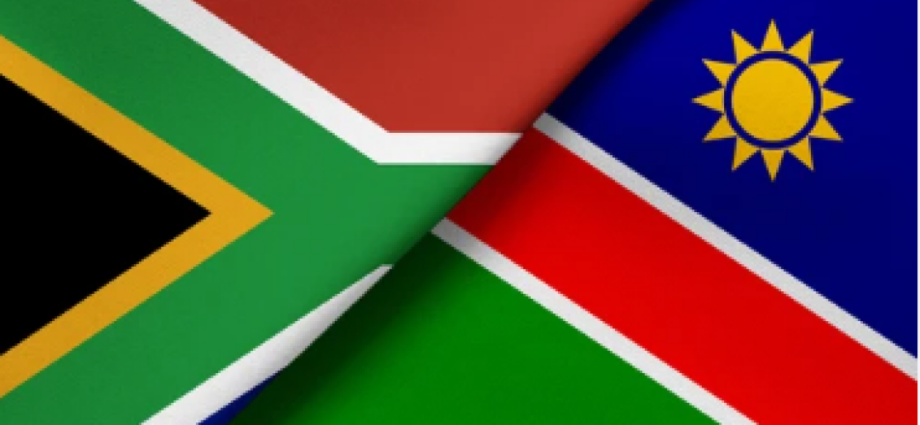Namibia is currently considering lifting its ban on vegetable imports from South Africa, a move that could reshape agricultural trade in the region and impact the dynamics within the Southern African Customs Union (SACU), which includes Botswana, Namibia, Lesotho, and Eswatini.
Trade tensions within SACU have been a point of concern, particularly since 2021 when Namibia and Botswana imposed restrictions on South African vegetable imports. These actions, aimed at protecting local agricultural sectors, caused uncertainty and disrupted business, with some stakeholders expressing concerns over the stability of the market.
Trade Friction within SACU
According to Wandile Sihlobo, chief economist at Agbiz, there has been friction within SACU’s free trade zone that has primarily affected South Africa’s agricultural trade with other African nations. While Botswana reversed its vegetable import restrictions in December 2024, Namibia has maintained its ban, citing the protection of local farmers and food security as key reasons for its decision.
Critics, however, argue that the ongoing restrictions could disrupt regional supply chains and negatively impact economic stability. Bennie van Zyl, general manager of TLU SA, expressed concerns that instability in trade relations undermines profitability, stating: “For farmers, having a stable market is essential for long-term success.”
The Role of SACU in Agricultural Exports
Sihlobo highlights SACU’s significant role in South Africa’s agricultural exports, which accounted for about 20% of the country’s US$13.2 billion in agricultural exports in 2023. As SACU’s free trade zone facilitates a substantial portion of South Africa’s trade, the policies of member states, including Namibia, directly affect the broader agricultural market.
Protectionist Measures and Intra-Africa Trade
Paul Makube, senior agricultural economist at FNB, has described Namibia’s continued import ban as a protectionist policy that hinders market efficiency and poses challenges to efforts at deeper intra-Africa trade integration. He stressed the need for more engagement and open communication between Southern African nations to ensure the agricultural sector remains stable and prosperous.
Positive steps are being seen as Zimbabwe, Namibia, and Botswana have recently lifted import bans on South Africa’s livestock and maize products, boosting trade and enhancing food security across the region.




